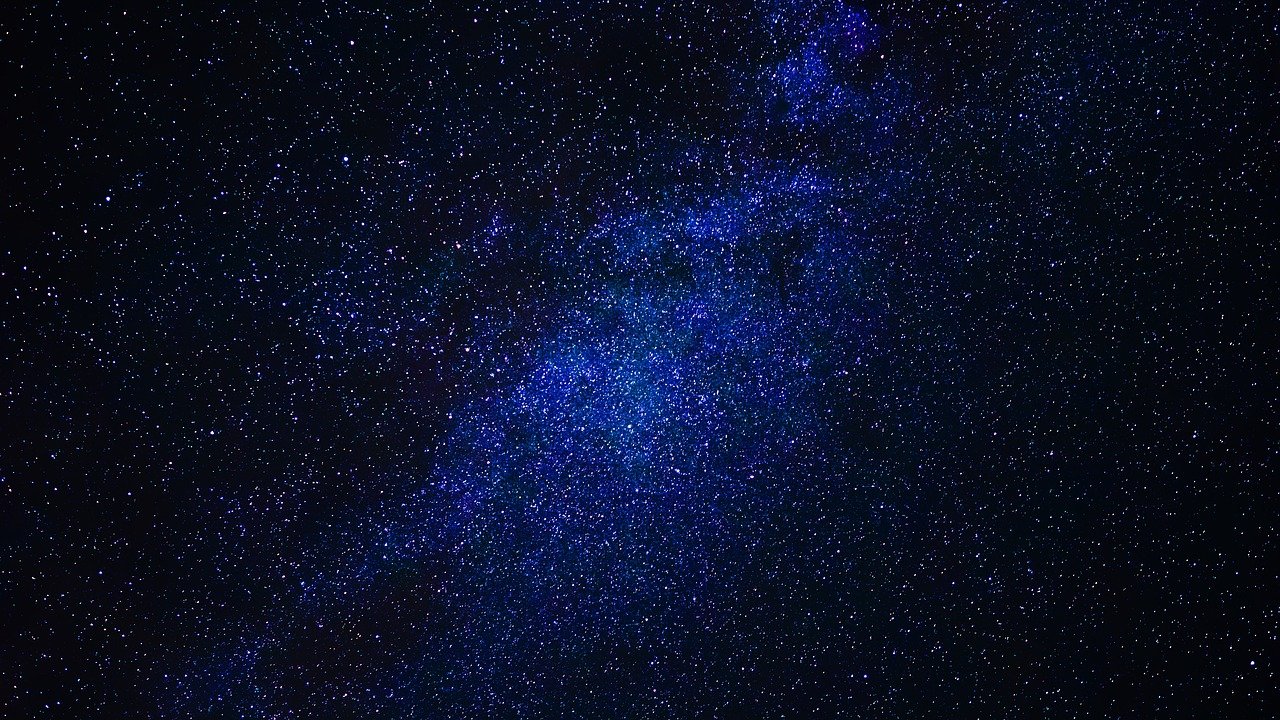I am and have always been an unapologetic scientist. Worse than that, I’m a hard scientist, a physicist. No soft ‘science’ for me. What’s more, I’m not a person of faith. I’m not a believer that a sentient being created the universe as a playpen for humans. I also do not believe that such a being exists, or cares in any way about the evolution of the universe or of humankind. I am therefore an atheist, albeit with a lowercase ‘a’ rather than being a member of the American Atheist religion, for religion it is.
Before going further a discussion of my perception of faith. To me faith is a belief in an ontology absent proof. I also believe that faith is strongest when proof is not sought or expected. It seems to me that those who claim faith but keep searching for proof or justification of their faith are in the process of weakening their faith in that search. To me it seems that those who claim a faith should quit looking for proof that they are right and others are wrong. Perhaps in this way we can have a few less wars in the world and a lot more harmony.
Having said all that, what does a scientist like me understand of the origin and evolution of the universe and why do I care; why should you care? What you believe and how you believe it is up to you but science is a bit different. In science belief is limited to what can be proved to be true without ambiguity particularly if that belief provides an explanation or prediction of what could not be explained or be seen before. Scientific beliefs are tested against observations and experiment. If they fail to pass muster they are rejected, replaced or modified to better fit reality.
Within the framework of science there exists an intertwined philosophy that requires that science provide an explanation for both how things work and why things work that way. This is the reason that Newton’s laws of gravity are superseded by Einstein’s General Relativity. Even though Newton’s laws are adequate for most purposes they do not explain why gravity works the way it does.
To see how science works let’s start with a simple observation with profound implications. Imagine primitive man looking up at the sky at night wondering why it is dark. Today we notice the same thing but most of us just take it for granted that it should get dark at night. If asked, most people will say it’s because the sun drops below the horizon and does not rise again until dawn. While this observation is undoubtedly true it is completely wrong in explaining the dark sky and obscures a profound finding about the universe that cannot be discovered unless one puts aside complacency and thinks more deeply about this question.

From the Greek philosophers onward many observed that an infinite static universe containing an infinite number of stars is incompatible with a dark night sky. This conflict is described as the “dark night sky paradox” or more commonly “Olbers Paradox” after Heinrich Olbers (1758 – 1840) who wrote about it in 1823. https://en.wikipedia.org/wiki/Olbers%27_paradox. Put simply, if the universe is infinite in time and place with an infinite number of stars then wherever you look at the sky you would be looking at the surface of a star. This would be like looking at the surface of the sun everywhere you looked.
Even the primitive humanoid staring at the night sky noticed that it wasn’t as bright as the sun. The question arises why this is so. There have been many suggested ideas why the sky is dark and not bright at night but fundamentally the only theory that works well is that the universe is expanding. In this model of the universe the whole of our existence started at a moment in time when the universe came into an explosive being; a Big Bang. Since then the universe has expanded with stars, galaxies planets and us coming into being as it did so. As a result the universe has a finite age, about 13.8 billion years, with space expanding at a rate that increases with distance from the observer; Hubble’s parameter . The consequence of this model of the universe is that the sky will be dark at night because of the finite number of stars, finite speed of light and the expansion of the space between us and distant stars.
We can therefore see that science sometimes provides profound findings about the nature of reality from the most basic observations; the night sky is dark leads us to the Big Bang model of the universe. Today we can observe the remnants of the fireball of the Big Bang , the Cosmic Microwave Background (CMB), that occurred about 380,000 years after the Big Bang. As we observe this background of microwave radiation we are able to find clues about how the Big Bang happened and how our universe will develop into its old age. Sometimes the universe is even stranger than our imaginings.



